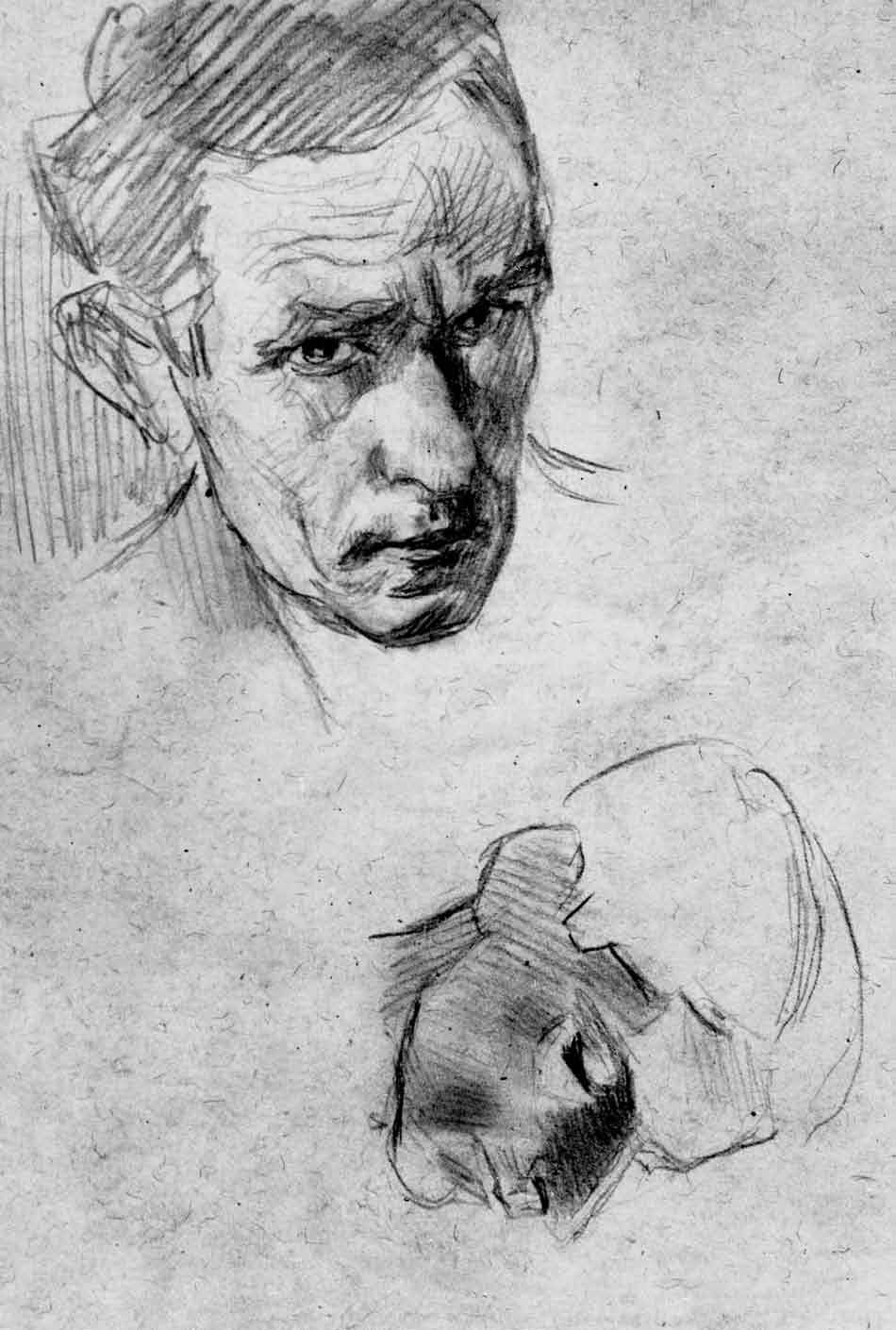Powrót wielkich ptaków
Abstrakt
The essay is a textological fantasy based on a suggestion, which is implied in Schulz’s fiction, that its protagonist, the Father, is not so much a merchant from the olden days as a self-appointed magician. Still, the Father’s magic interference with reality usually ends in failure. Evidence for this can be found in the story called “Birds,” in which the birds hatched by the Father, obnoxious and annoying to the family, are expelled by Adela, the maidservant. When in another story, “The Night of the Great Season,” the reader comes across a flock of strange birds, they seem to be the descendants of the one described in “Birds.” Nevertheless, Schulz’s narrators should never be fully trusted. In this case, the narrator is the son who has reasons for concealing or misinterpreting the Father’s failures. Perhaps, then, in “The Night of the Great Season” the birds that suddenly appear are different. Their monstrous shapes and obvious inability to live indicate that the flying creatures are in fact artificial, according to the Father’s ambition to create beings which are possibly live, yet unknown to nature. The artificial birds have been manufactured under the influence of suggestion by two seamstresses to whom the Father delivered his lectures on tailor dummies. An introduction to these lectures, a story called “Tailor Dummies,” provides some clues in this respect, scattered all over the text as if by some mistake. In such cases, Jorge Luis Borges speaks about a first-person narration “in which the narrator, by omitting or distorting some facts, would make many contradictions: those contradictions would let some readers – very few, in fact – to guess the cruel or banal reality” (“Tlön, Uqbar, Orbis Tertius”). Interpreted along these lines, the bird episode of “The Night of the Great Season” turns out to be quite cruel indeed.

 Uniwersyteckie Czasopisma Naukowe
Uniwersyteckie Czasopisma Naukowe





